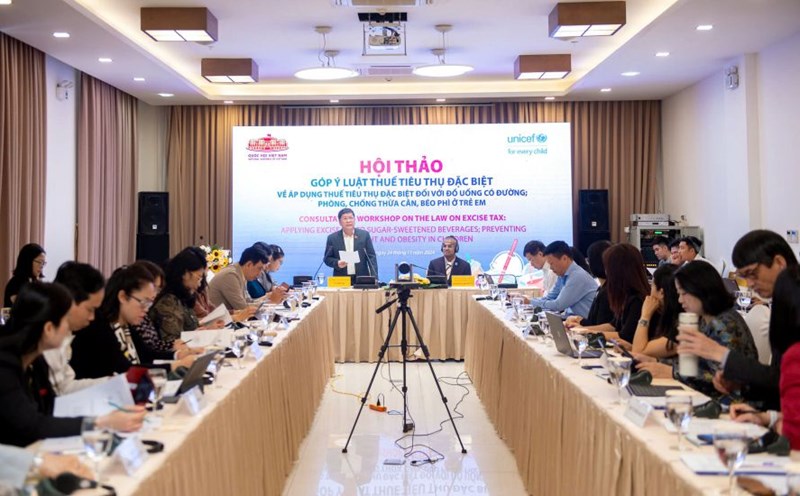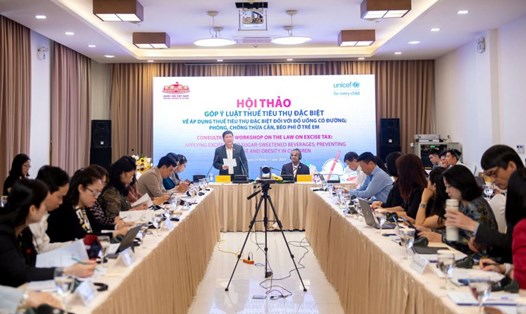Commenting on the Draft Law on Special Consumption Tax (amended), VCCI said that the sudden increase in special consumption tax at a high level and following the roadmap in both options of the Draft Law can cause many negative impacts and need to be considered more carefully.
First of all, the tax increase too quickly will put great pressure on businesses and the entire supply chain. Businesses will hardly have enough time to adjust their business strategies, invest in new production technologies or improve product quality.
This can lead to shrinking production scale, losses and even bankruptcy, directly affecting the jobs of millions of workers in related industries, from production, processing to distribution and export.
Second, sharp tax increases can increase smuggling and illegal trade. When legal product prices increase, consumers tend to look for smuggled or unofficial goods with cheaper prices but not quality control.
This not only causes loss of state budget revenue but also increases pressure on management agencies in controlling the market, while potentially affecting consumer health.
In addition, there is no clear evidence that sharply increasing special consumption tax will significantly reduce consumer behavior. Instead, consumers can switch to unofficial products, or cut spending in other areas to maintain current consumption levels. Therefore, the goal of protecting public health may not be achieved as expected.
Finally, in terms of macroeconomic impacts, both options in the Draft Law risk reducing the added value of the industry and negatively affecting GDP.
Although in the short term, budget revenue may increase, in the medium and long term, the decline in legal output along with the increase of the informal market will seriously affect state revenue.
Therefore, instead of sudden tax increases, there needs to be a more reasonable roadmap to ensure that businesses have enough time to adapt, limit negative impacts on the economy, protect jobs and better control the consumer market.
VCCI proposes to postpone the roadmap to increase special consumption tax from 2028, with a reasonable increase of 5% per two years, to help businesses have time to adapt, ensure the feasibility of the policy and limit negative impacts on the market.
VCCI recommends that for alcohol and beer products, there should be a reasonable tax increase roadmap, extending the application period from 2028, with an increase of 5% every two years.
For beer: from January 1, 2028 - December 31, 2025: 70%; January 1, 2030 - December 31, 2021: 75%; and from January 1, 2032 onwards: 80%.
For alcohol from 20 degrees or more: January 1, 2028 - December 31, 2025: 70%; January 1, 2030 - December 31, 2021: 75%; and from January 1, 2032 onwards: 80%.
For alcohol under 20 degrees: January 1, 2028 - December 31, 2025: 40%; January 1, 2030 - December 31, 2021: 45%; and from January 1, 2032 onwards: 50%.
For sugary soft drinks, VCCI proposes to consider not including sugary soft drinks in the list of subjects subject to special consumption tax at this time to have more time to research, comprehensively evaluate and develop more suitable policies.
For double-cabin cargo pick-up cars, VCCI proposes to keep the current special consumption tax rate unchanged to ensure market stability, support businesses and maintain state budget revenue.
For cigarettes, VCCI proposes a more reasonable adjustment roadmap. The absolute tax rate starting in 2026 is 2,000 VND/bag, then increasing by 2,000 VND/bag every two years, with a maximum of 6,000 VND/bag in 2030.











